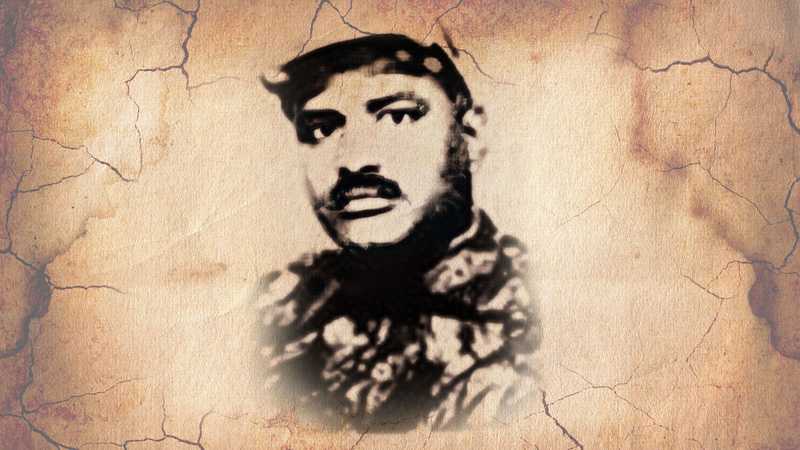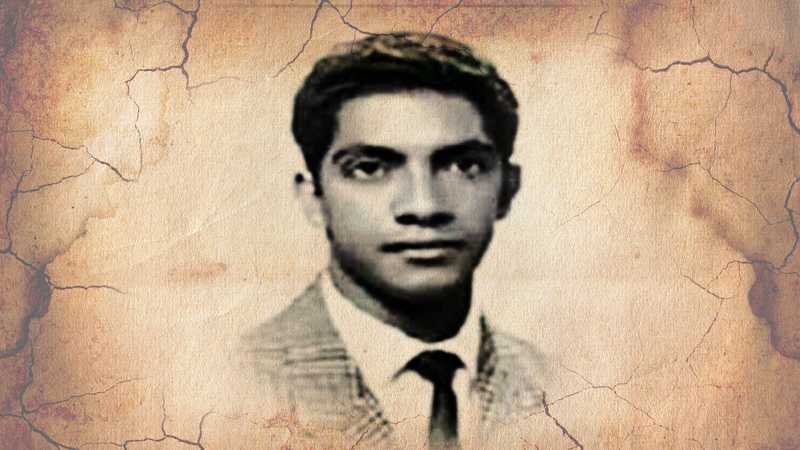Eritrean Student Movement in Cairo
21 Jan, 1952
A group of Eritrean students in Cairo, Egypt, formed a pivotal organization that would shape the course of Eritrea's revolutionary history.
 Said Hussein, a dynamic leader of the Eritrean students’ movement for independence in Cairo, Egypt
Said Hussein, a dynamic leader of the Eritrean students’ movement for independence in Cairo, Egypt
The Eritrean Students Club was established in Cairo on January 21, 1952. The club played a pivotal role in the genesis of the Eritrean liberation movement. It had multifaceted influences, that inspired its activities which ultimately had an impact on the development of Eritrean nationalism and the armed struggle for independence.
Egypt’s Revolutionary Crucible
Egypt’s 1952 revolution, led by Gamal Abdel Nasser, toppled the monarchy and transformed the country into a hub for Third World liberation movements. Eritrean students in Cairo seized this opportunity to amplify their voices and expose the oppression faced by their people under Ethiopian rule.
Political Activism and International Advocacy
The Students Club was not merely a cultural organization. Its members actively engaged in political work, participating in international events and tribunals to present their case for Eritrean independence. They denounced Ethiopia’s human rights violations and atrocities, seeking international recognition of their struggle.
Taha Mohammed Nur, one of the students then and later a founding members of the ELF (Eritrean Liberation Front), stated that there was no declared political position from the Egyptian revolution in support of the Eritrean cause at the time. However, Eritreans were involved in many activities in Cairo, such as the Asia-Africa Cooperation Conferences. They participated directly or indirectly to make the voice of Eritrea heard and to expose the oppression of the Eritrean people, Ethiopia’s violations of international resolutions and human rights, and its atrocities against the people of Eritrea.
 Taha Mohammad Nur, one of the members of the Eritrean students’ movement for independence in Cairo, Egypt
Taha Mohammad Nur, one of the members of the Eritrean students’ movement for independence in Cairo, Egypt
Inspiration from Egyptian and Global Revolutions
The Egyptian Revolution inspired Eritrean students with its spirit of resistance and public mobilization. They witnessed the power of collective action and the transformative potential of armed struggle. The success of the Algerian revolution and other anti-colonial movements in Africa and Asia further fueled their aspirations for freedom.
Armed Struggle as a Path to Liberation
Influenced by these revolutionary currents, the Eritrean students recognized the necessity of armed struggle to achieve their goals. Their leader, Said Hussein, volunteered to fight in the war Egyptians refer to as the “Tripartite Aggression”, where Britain, France and Israel allied themselves for the control of the Suez Canal against Egypt. Said gained military training in preparation for the armed struggle the students were anticipating would eventually happen in Eritrea.
Cairo as the Cradle of Eritrean Nationalism
The Eritrean Students Movement in Cairo became the first organized national movement dedicated to fighting Ethiopian colonialism. It operated largely outside of Eritrea, but its activities laid the foundation for the Eritrean Liberation Front (ELF) and the subsequent armed struggle for independence.
The Eritrean Students Club in Cairo played a crucial role in the development of Eritrean nationalism and the eventual liberation of the country. By harnessing the revolutionary spirit of Egypt and the broader anti-colonial movement, the students ignited a desire for freedom that ultimately led to the armed struggle and the establishment of an independent Eritrea. Their legacy serves as a testament to the power of student activism and the transformative potential of collective action in the face of oppression.
